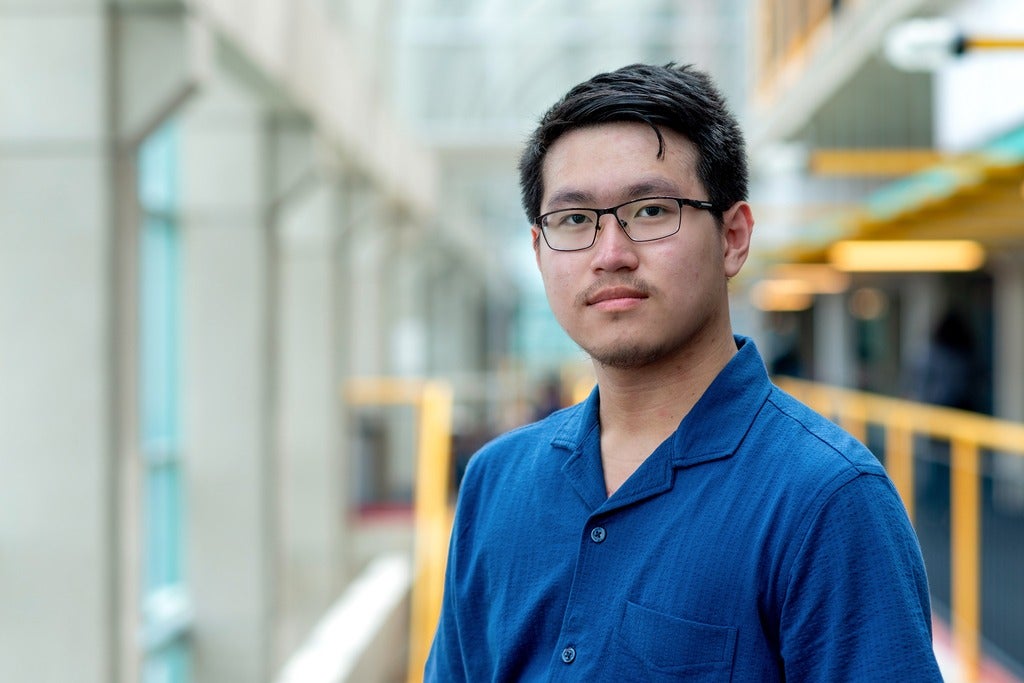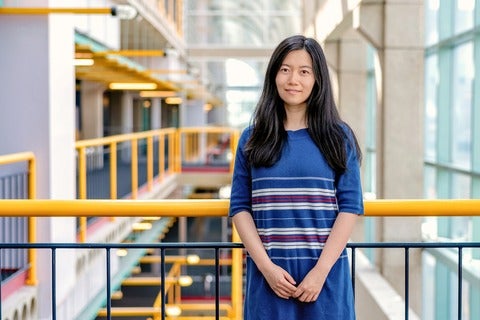Professor Freda Shi was featured in Toyota Technological Institute at Chicago's (TTIC), alumni highlight series.
Freda Shi, Ph.D. graduate from TTIC’s class of 2024 (advised by Professors Karen Livescu and Kevin Gimpel), joined the Cheriton School of Computer Science at the University of Waterloo as a tenure-track Assistant Professor in July 2024. In September 2024 she was named a CIFAR AI Chair and a faculty member at the Vector Institute.
Freda’s research focuses on computational linguistics and natural language processing, aiming to deepen the understanding of both natural language and human language processing. She explores how these insights can enhance the design of more efficient, effective, safe, and trustworthy NLP systems. She is particularly interested in learning language through grounding, computational multilingualism, and related machine learning aspects.









